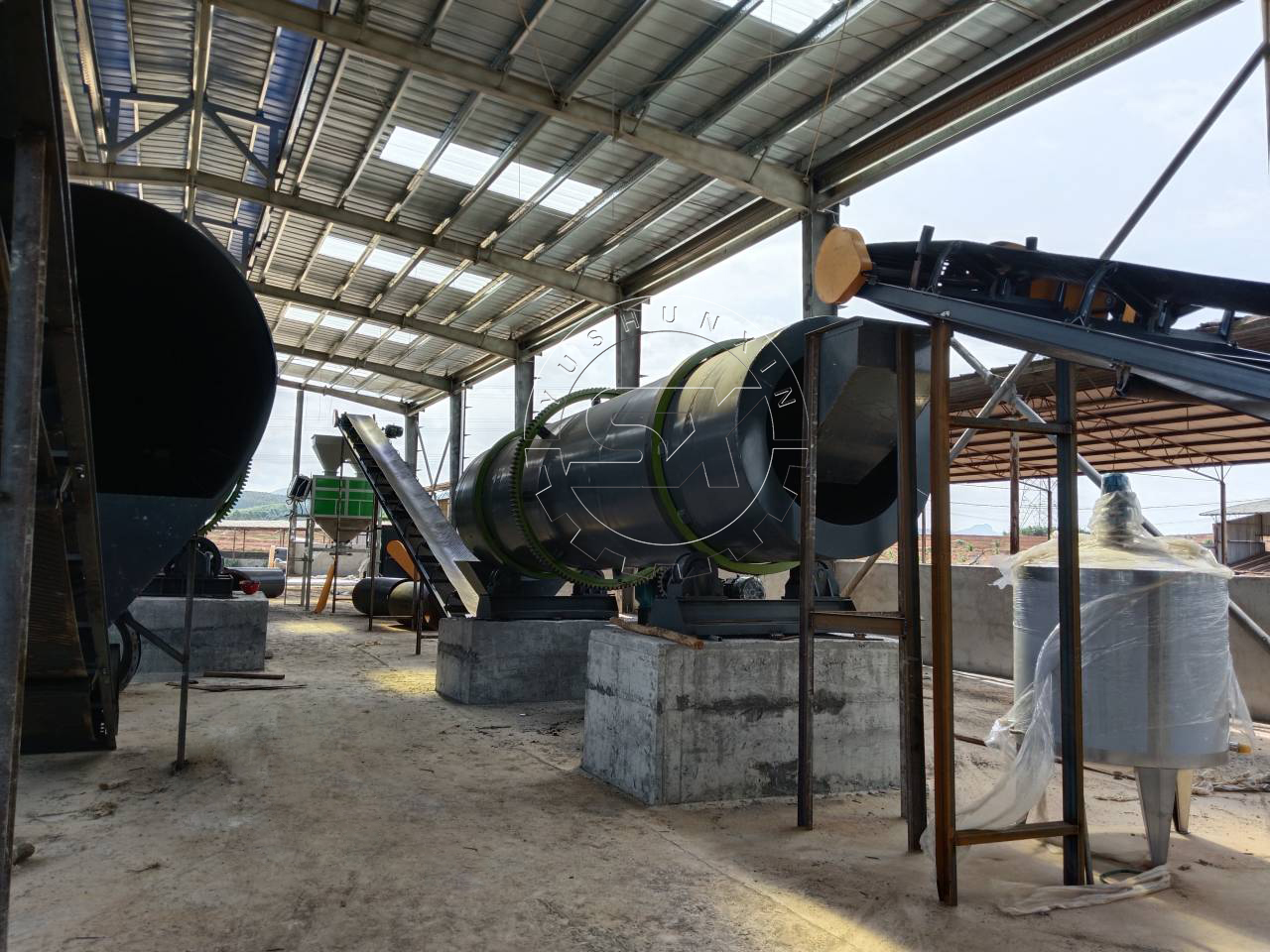What are the function of organic fertilizer?
Nutrient Supply: Organic fertilizers provide essential nutrients that plants need for healthy growth and development. These nutrients include primary macronutrients like nitrogen (N), phosphorus (P), and potassium (K), as well as secondary nutrients and micronutrients that are crucial for various plant processes.
Slow Release of Nutrients: Many organic fertilizers release nutrients slowly over time as they decompose, providing a steady and consistent source of nutrients to plants. This helps prevent nutrient imbalances and reduces the risk of over-fertilization.
Improvement of Soil Structure: Organic fertilizers improve soil structure by increasing its water-holding capacity, drainage, and aeration. This leads to better root penetration, nutrient uptake, and overall plant health.
Microbial Activity: Organic fertilizers promote beneficial microbial activity in the soil. Microorganisms break down organic materials, releasing nutrients in a form that plants can absorb. This microbial activity also contributes to the development of a healthy soil ecosystem.
pH Regulation: Certain organic fertilizers, such as compost, can help regulate soil pH levels. They buffer the soil, making it more resistant to extreme pH changes, and create an optimal pH range for plant growth.
Soil Enrichment: Organic fertilizers enrich the soil with organic matter, improving its fertility and nutrient-holding capacity over time. This is especially important in depleted or nutrient-poor soils.

Reduced Environmental Impact: Organic fertilizers are typically derived from natural and renewable sources, reducing the environmental impact associated with the production and use of synthetic fertilizers. They also contribute to reducing nutrient runoff and pollution in water bodies.
Enhanced Plant Resilience: Organic fertilizers help plants build stronger cell walls and tissues, making them more resistant to diseases, pests, and environmental stressors.
Long-Term Sustainability: Organic fertilizers support sustainable agriculture by promoting soil health and reducing the need for synthetic inputs. This can lead to healthier and more productive plants over the long term.
Carbon Sequestration: Some organic fertilizers, such as compost, contribute to carbon sequestration by adding organic matter to the soil. This helps mitigate climate change by capturing and storing carbon dioxide from the atmosphere.
Biodiversity Support: The use of organic fertilizers can contribute to increased biodiversity in soil ecosystems by fostering a rich microbial community and providing habitat for beneficial organisms.
Improved Water Efficiency: Organic fertilizers enhance water retention in the soil, reducing water wastage and making irrigation more efficient.
Our organic fertilizer equipment is complete in specifications and quality, and all indicators meet or exceed national standards. Our products are popular both at home and abroad. We have realized one-stop service for design, manufacture, installation, debugging, technical training. Welcome to contact us for details.

